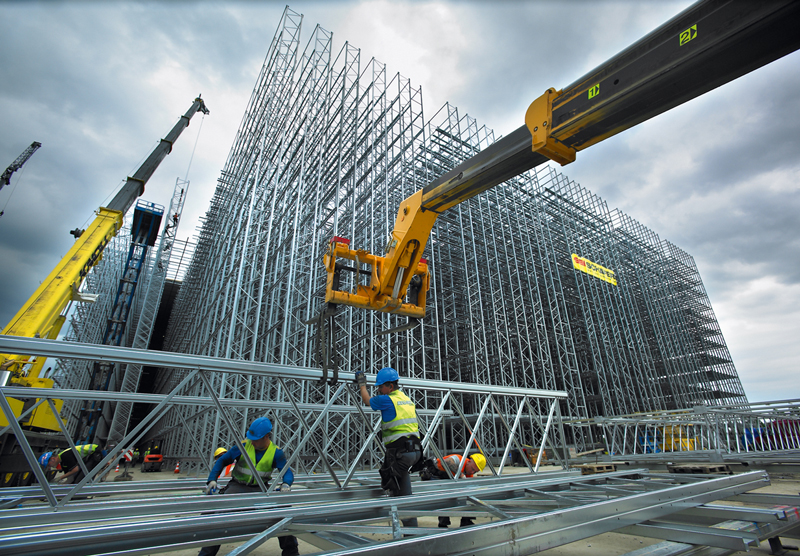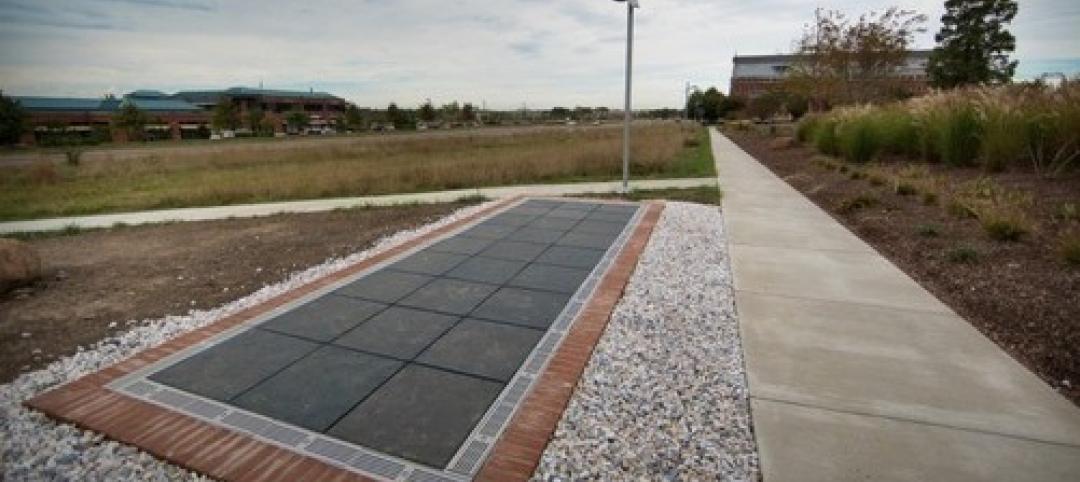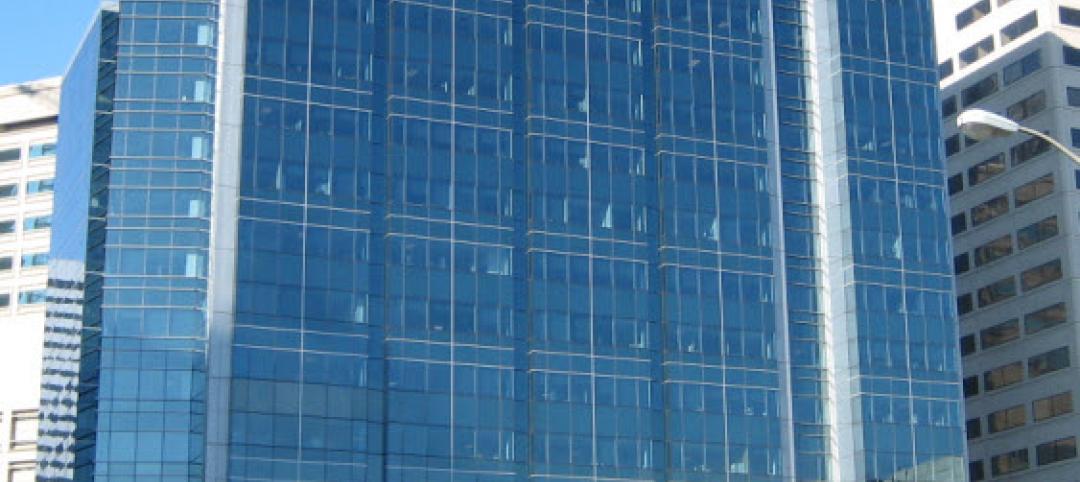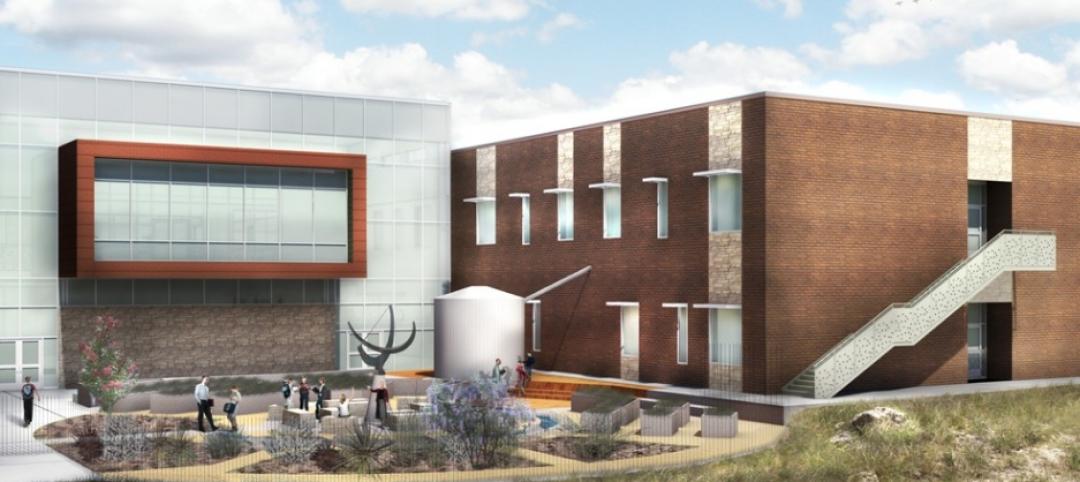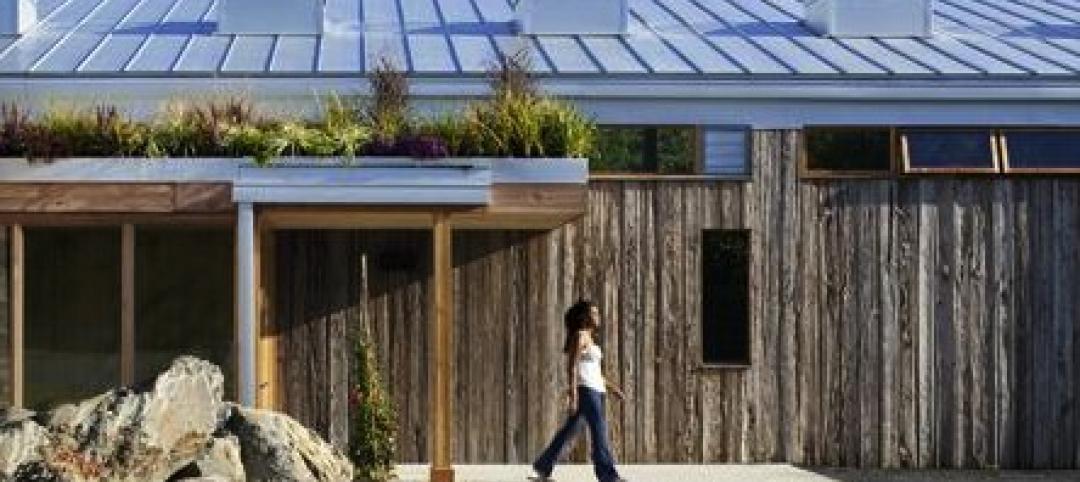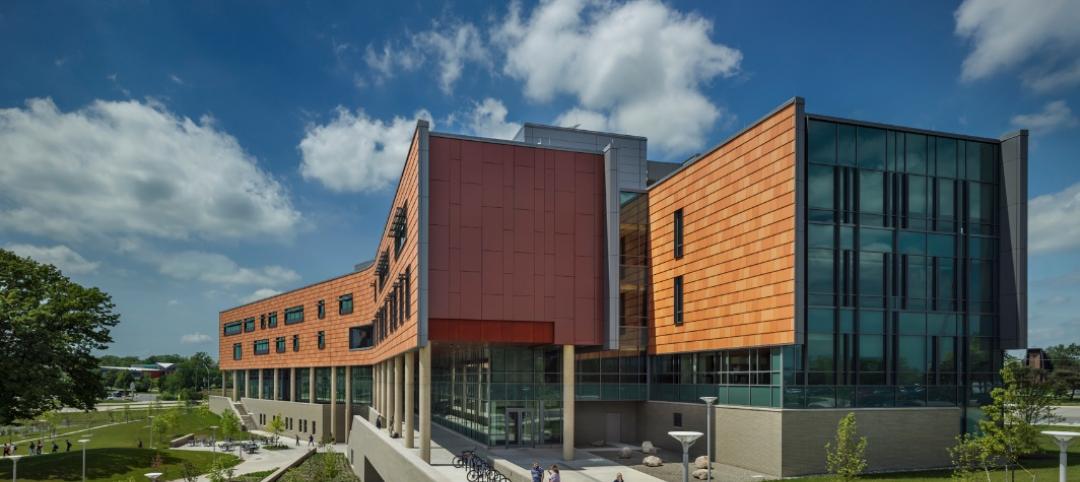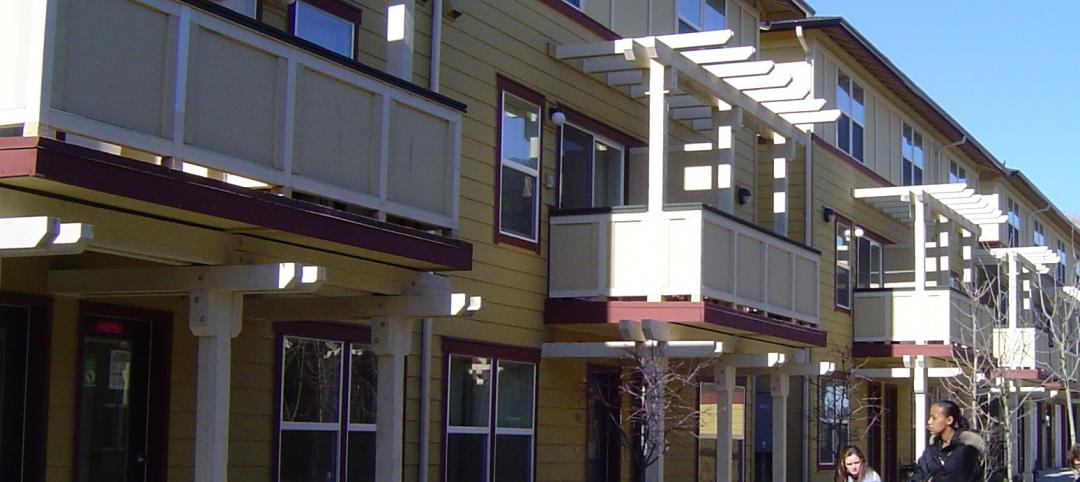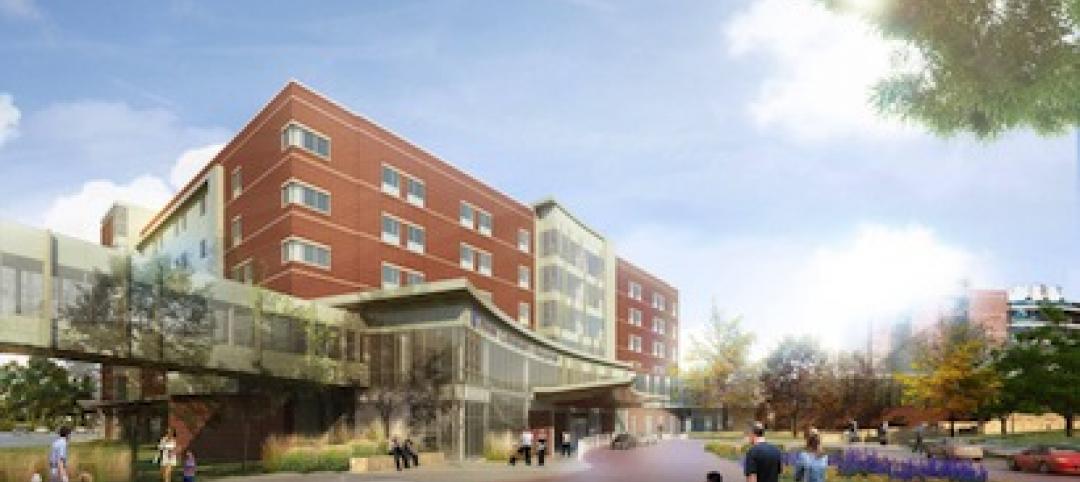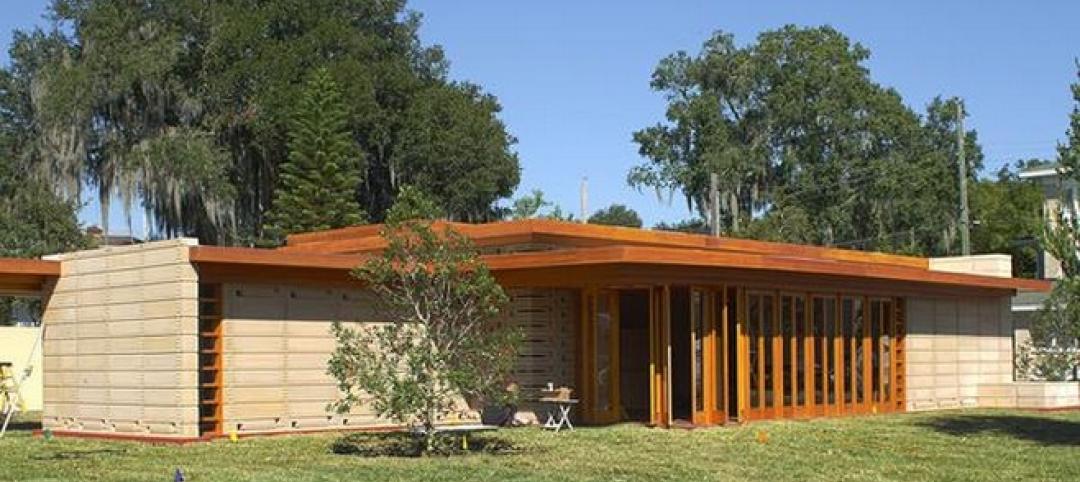The Nonresidential Construction Index from FMI rose two points in Q1. This normally is a positive economic sign. However, construction companies are facing the challenge of having enough people to keep up with increasing backlogs, warns Phil Warner, researcher for FMI.
The engineering and construction executives that comprise the NRCI panel are strongly optimistic about both the economy and their businesses. The diffusion indexes for the overall economy and the geographic economies where individual panelists do business rose more than six points, reaching 78.
The report discusses owners’ views on expectations for 2015 construction put in place, top business challenges for 2015, and employment trends. Lack of a skilled workforce was among the top concerns. Other comments express some political angst.
One panelist expressed, “Need a federal highway bill!” While another panelist said, “Another challenge is the increasing regulatory burdens placed on our clients and in turn our business. Some projects are taking almost two years to clear local planning hurdles. By the time the project is approved, budgets are obsolete, and the project may not be feasible.”
Related Stories
| Nov 8, 2013
Walkable solar pavement debuts at George Washington University
George Washington University worked with supplier Onyx Solar to design and install 100 sf of walkable solar pavement at its Virginia Science and Technology Campus in Ashburn, Va.
| Nov 6, 2013
PECI tests New Buildings Institute’s plug load energy use metrics at HQ
Earlier this year, PECI used the NBI metrics to assess plug load energy use at PECI headquarters in downtown Portland, Ore. The study, which informed an energy-saving campaign, resulted in an 18 percent kWh reduction of PECI’s plug load.
| Nov 5, 2013
Net-zero movement gaining traction in U.S. schools market
As more net-zero energy schools come online, school officials are asking: Is NZE a more logical approach for school districts than holistic green buildings?
| Nov 5, 2013
New IECC provision tightens historic building exemption
The International Energy Conservation Code has been revised to eliminate what has been seen as a blanket exemption for historic buildings.
| Nov 5, 2013
Living Building Challenge clarifies net-zero definitions and standards
The Living Building Challenge has released the Net Zero Energy Building Certification to provide clearer definitions regarding what net zero really means and how it is to be achieved.
| Nov 5, 2013
Oakland University’s Human Health Building first LEED Platinum university building in Michigan [slideshow]
Built on the former site of a parking lot and an untended natural wetland, the 160,260-sf, five-story, terra cotta-clad building features some of the industry’s most innovative, energy-efficient building systems and advanced sustainable design features.
| Nov 4, 2013
Architecture and engineering industry outlook remains positive on all major indicators
While still below pre-recession levels, all of the key indicators in the latest Quarterly Market Forecast (QMF) report from PSMJ Resources remain in positive territory.
| Nov 1, 2013
Lean Construction Institute receives Turner Prize for Innovation in Construction
The National Building Museum and Turner Construction Company present the 11th Henry C. Turner Prize for Innovation in Construction to Lean Construction Institute. Lean construction is an innovative way to design and build structures that strives to create a safer workplace, reduce cost, and provide faster delivery while maintaining high quality control.
| Nov 1, 2013
CBRE Group enhances healthcare platform with acquisition of KLMK Group
CBRE Group, Inc. (NYSE:CBG) today announced that it has acquired KLMK Group, a leading provider of facility consulting, project advisory and facility activation solutions to the healthcare industry.
| Oct 31, 2013
74 years later, Frank Lloyd Wright structure built at Florida Southern College
The Lakeland, Fla., college adds to its collection of FLW buildings with the completion of the Usonian house, designed by the famed architect in 1939, but never built—until now.


